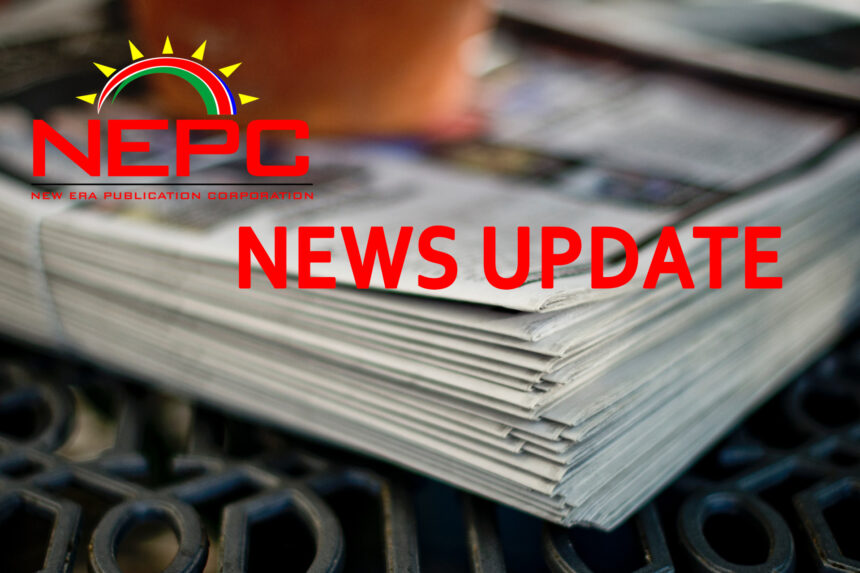WASHINGTON – President Donald Trump’s tariffs and the retaliation they attracted will likely weigh on United States (US) growth and boost inflation.
Collectively, these could dent US gross domestic growth by one percentage point and hike inflation by 0.6 points if kept in place for the year, said Nationwide chief economist Kathy Bostjancic.“Tariffs represent a negative supply shock. It hurts production, raises prices,” she told AFP, warning that business and consumer confidence also take a hit from levies.
And the unpredictability of Trump’s tariff plans stand to offset positivity about the president’s promises of deregulation and tax cuts, which are seen as pro-growth, she said.“That hope and excitement right now is overwhelmed by the uncertainty of what’s going to play out,” she added.It also remains unclear if new tariffs will be long-lasting, and they come atop cost-cutting measures in the federal government which are being challenged in courts, KPMG chief economist Diane Swonk said.The fallout from these efforts can undermine demand.
Trump has not only quickened the pace of tariff hikes in his second term by tapping emergency economic powers to impose them without an investigation period, but his levies also cover a larger value of goods.
In Trump’s first term, retaliatory tariffs on the United States caused more than US$27 billion in US agricultural export losses from mid-2018 to late-2019.Economists say the hit to growth and inflation in 2025 could be somewhat counterbalanced by aggressive deregulation efforts next year, as Trump’s government seeks to rein in the budget deficit and make certain tax cuts permanent.For now, the “uncertainty effect” serves as a tax of its own, Swonk said.
– Nampa/AFP



